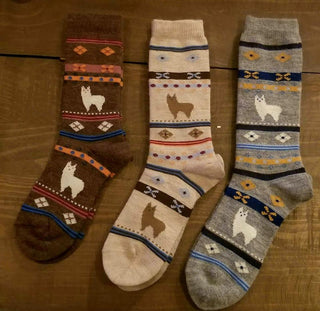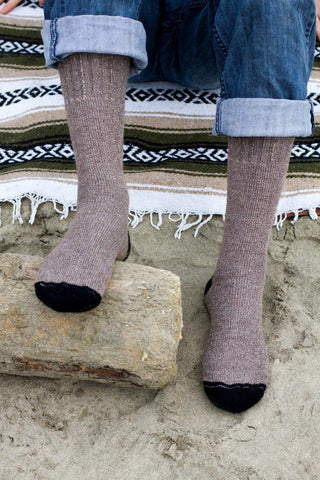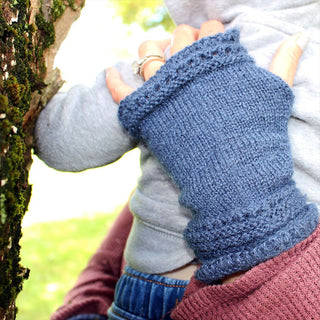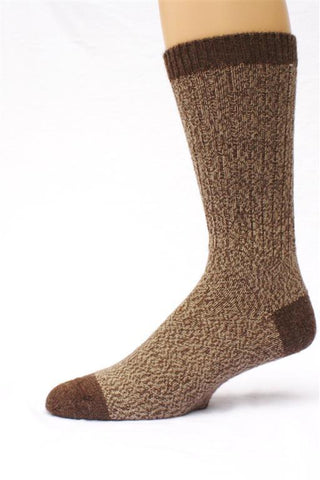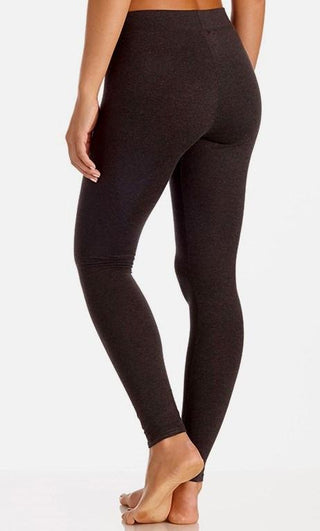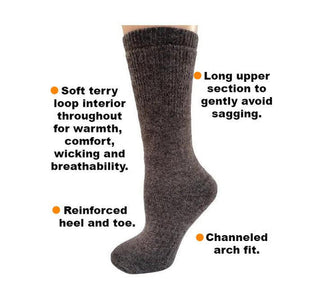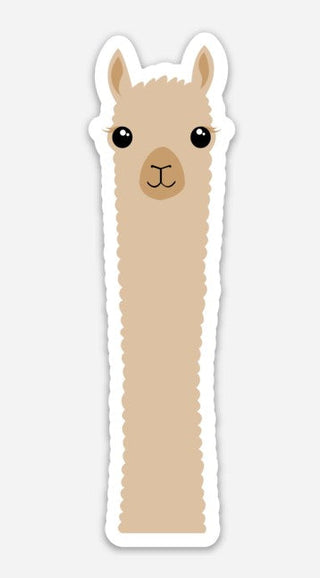Why Viscose Organic Bamboo as Alpaca Pillow Cover Fabric?
Why Viscose Organic Bamboo as Alpaca Pillow Cover Fabric?
What is bamboo?
Bamboo is a wonderfully beneficial plant for the planet, is naturally organic, and is botanically categorized as a grass and not a tree. It is the fastest growing grass and can shoot up a yard or more a day, and might just be the world’s most sustainable resource.
Bamboo reaches maturity quickly and is ready for harvesting in 4 years. Growing bamboo improves soil quality, helping to rebuild eroded soil because of the extensive root system, yet retains water in the watershed. It does not require replanting after harvesting because its vast root network continually sprouts new shoots, pulling in sunlight and greenhouse gases and converting them to new growth. Bamboo does this all the natural way, without the need for petroleum-guzzling tractors and poisonous pesticides and fertilizers.
Bamboo plantations are actually large factories for photosynthesis which reduces greenhouse gases and absorb about 5 times the amount of carbon dioxide, and produces about 35% more oxygen than an equivalent stand of trees.

Bamboo As A Fabric?
Yes! And what a surprisingly versatile fabric it is - both for your body and the environment.
- Is comfortable and breathable, wicking moisture at many times the rate of conventional cotton, but dries quickly.
- Is anti-fungal, anti-bacterial & odor-free with a natural anti-bacterial/fungal agent that causes bamboo fiber to inhibit the growth of bacteria and fungi that cause odor.
- Is hypoallergenic as it is not chemically treated, preventing skin allergies and irritations.
- Is softer than cotton with a texture and sheen similar to silk or cashmere, and is comfortable next to your skin year round, since it keeps you cool in summer and warm in winter.
- Is natural and eco-friendly grown without pesticides with a natural cellulose fiber that is 100% biodegradable.
- Even when thrown away the fabric can be completely naturally decomposedin soil by micro-organisms and sunlight without decomposing into any pollutants such as methane gas, which is commonly produced as a by-product of decomposition in landfills and dumps.
Even when thrown away the fabric can be COMPLETELY NATURALLY DECOMPOSED in soil by micro-organisms and sunlight without decomposing into any pollutants such as methane gas, which is commonly produced as a by-product of decomposition in landfills and dumps.




